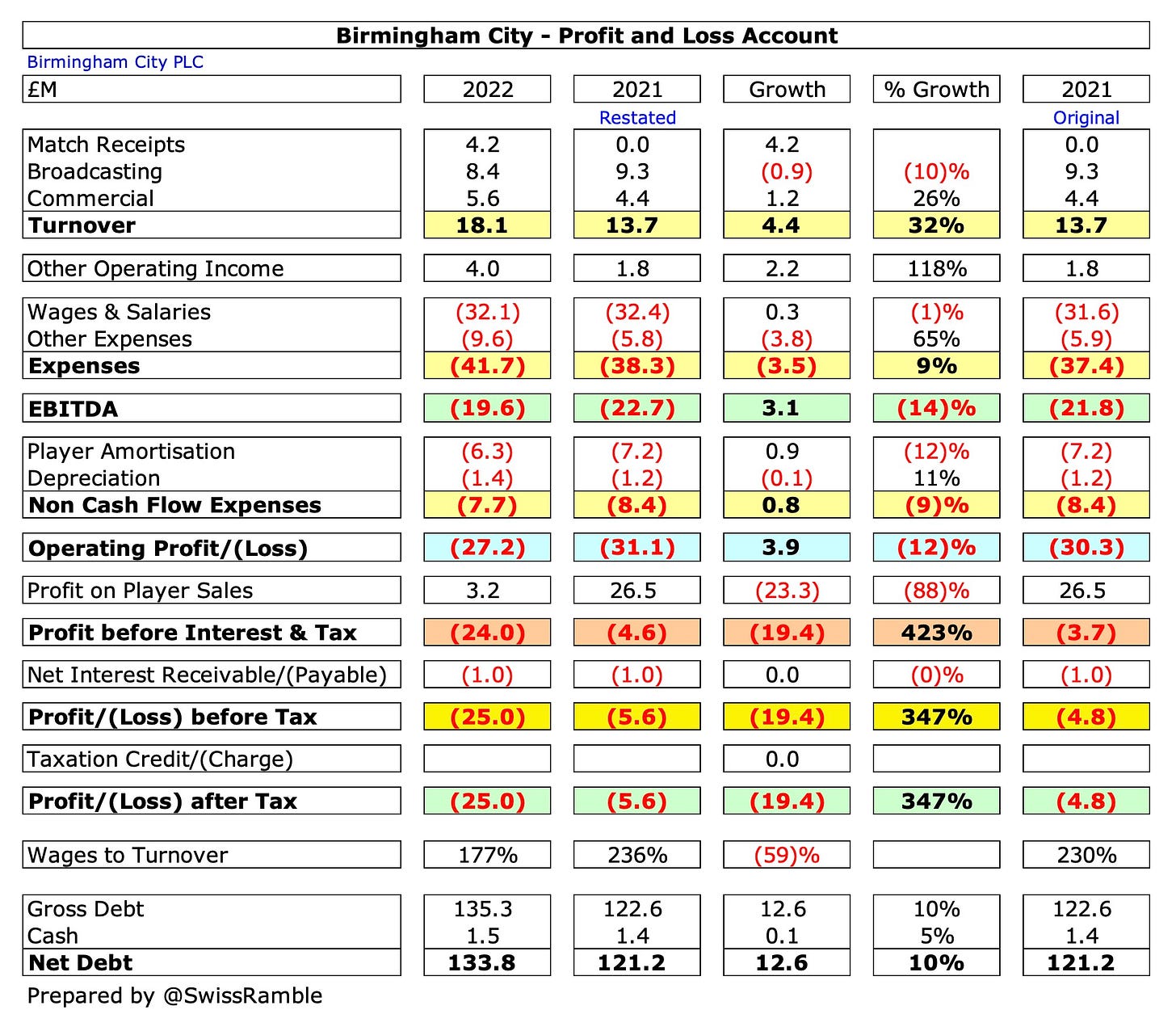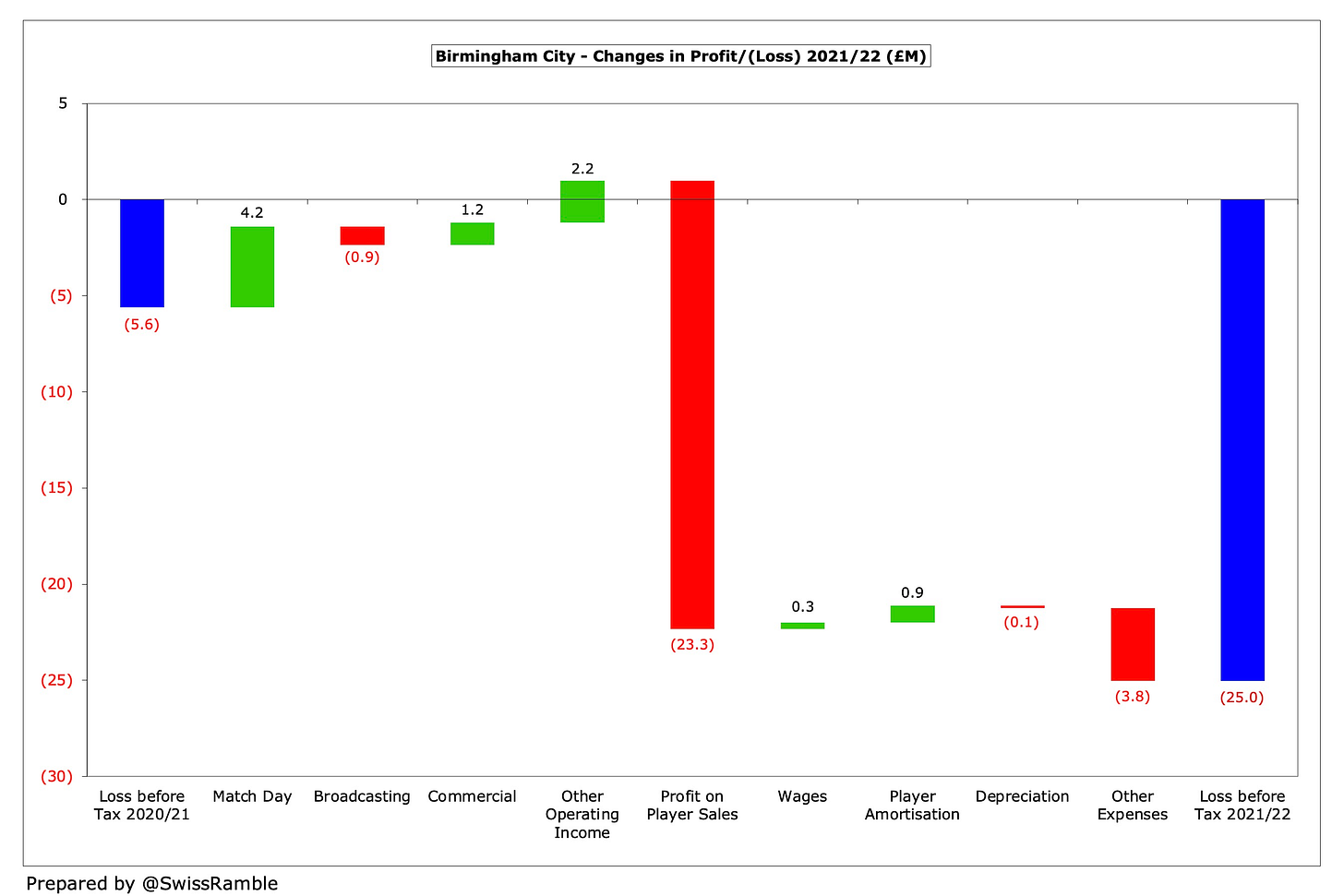Earlier this month the announcement that Birmingham City fans had been eagerly awaiting for so long finally arrived, when it was confirmed that ownership of the club had effectively passed to Thomas Wagner’s Knighthead Capital Management.
Club Sale
The transaction was made with Knighthead’s UK affiliate, the wonderfully named Shelby Companies Ltd (SCL), with a nod to the crime family in the excellent Peaky Blinders, which is of course set in Birmingham.
The club’s majority owners, including Birmingham Sports Holdings Ltd and Oriental Rainbow Investments Ltd, have approved the sale of 45.98% of Birmingham City Ltd and 100% of the St. Andrews stadium.
Although this agreement does not give SCL a majority shareholding, the announcement said, “SCL has assumed responsibility for all operations of the club and will provide the necessary funding to rebuild and set a new trajectory for the club.”
Wagner emphasised the changing of the guard, “The way that the transaction has been structured, we will assume full operational control over the team from today forward. So, we'll be setting the strategic vision for the club, and, ultimately, we'll be the ones who are responsible for achieving the goals that we set. I think it's fair to say that the buck stops with us from here forward.”
Former Ownership
Birmingham City have had a number of issues ever since Hong Kong businessman Carson Yeung took full control of the club in 2009. After he was arrested on charges of money laundering, Yeung resigned, but the club remained in the hands of Chinese owners.
The recent agreement was secured after couple of potential deals fell through last year. First, an attempt by serial tyre kicker Laurence Bassini in June came to nothing; then a proposed takeover by Maxco Capital collapsed in December.
The Maxco consortium included local businessman Paul Richardson, Argentine footballer Maxi Lopez and former Charlton Athletic chairman Matt Southall.
On the plus side, Maxco provided some funding to support day-to-day operations, but on the other hand the club has been given a suspended two-point penalty by the EFL after it accepted that they regulations had been breached as Maxco took effective control of the club without the required approval.
Let’s take a look at the financial position of the club acquired by Knighthead by reviewing the most recently published accounts, which cover the 2021/22 season.
Profit/(Loss) 2021/22
Birmingham City finished 20th in the Championship in 2021/22, followed by 17th last season. Blues’ recent struggles are amply highlighted by the fact that this lowly position was actually their (equal) highest finish in the last seven years. Head coach Lee Bowyer was replaced by John Eustace at the start of the 2022/23 season.
Blues’ pre-tax loss widened from (restated) £5.6m to £25.0m, largely because profit from player sales dropped £23.3m from £26.5m to £3.2m, as the previous season included Jude Bellingham’s big money move to Borussia Dortmund.
This was partly offset by revenue rising £4.4m (32%) from £13.7m to £18.1m and a £2.2m increase in other operating income from £1.8m to £4.0m. However, operating expenses grew £2.7m (6%) to £49.4m.
The return of fans to the stadium, after COVID restrictions were lifted, led to increases in both match day, up from zero to £4.2m, and commercial, up £1.2m (26%) from £4.4m to £5.6m. However, broadcasting fell £0.9m (10%) from £9.3m to £8.4m.
There were reductions in Blues’ staff costs, but only by a small amount. Wages fell £0.3m (1%) from £32.4m to £32.1m, while player amortisation decreased £0.9m (12%) from £7.2m to £6.3m.
On the other hand, other expenses rose £3.8m (65%) from £5.8m to £9.6m, mainly due to the higher cost of staging games with fans.
Keep reading with a 7-day free trial
Subscribe to The Swiss Ramble to keep reading this post and get 7 days of free access to the full post archives.






